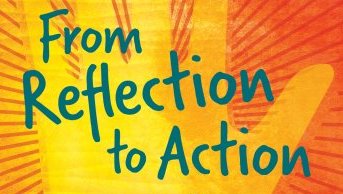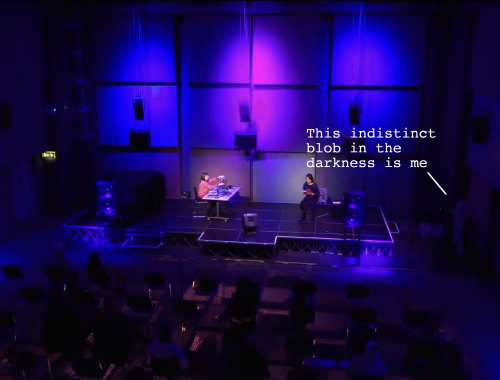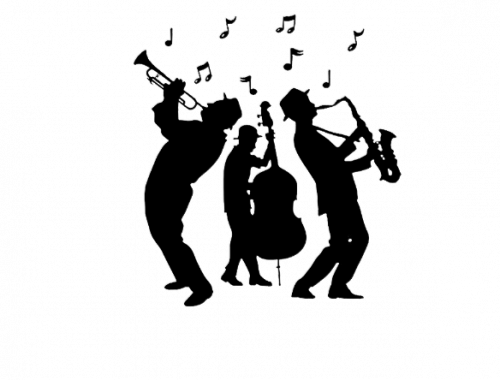Challenges as an Assistant Director
Nearing the end of my placement, I have learnt many different things as an assistant director within the end of year production Based around World War Two in Northern Ireland. Some of the things that I have learned have directly came from some of the challenges that I have faced, however the learning is not from the challenges themselves, rather from evaluating what made certain elements challenging and what is the right way to approach them. Using Borton’s Model, I will cover one example of a challenge that I faced during my role as an assistant director, then I will discuss why this challenge was vital to address in the process, and finally I will explain how I did address it as well as other ways the challenge could have been approached.

The challenge I faced came from my time in assisting the director with the devising workshops, they were implemented to help with the development of the production as well as developing interest in students who may wish to become involved with the production itself. The workshops covered multiple elements, including script editing, dance rehearsals and dissecting material from World War Two to brainstorm potential scene ideas. The challenging aspect of these workshops was based around the improvisational exercises, many of the students involved were clearly not comfortable or familiar with that kind of performance. The students lack of comfort effected their concentration which is, “the key to overcoming nervousness and anxiety about other people and what they will think.” (Hodgson, 49) Multiple improvisation exercises were attempted, despite the comedy that ensued it seemed that the students were not improving their own improvisational skills. The lack of evolution in improvisation then reflected in the devising exercises we continued with that related to the production’s concept, student’s did not feel comfortable enough to approach situations where they were to be immersed in the idea of a bomb shelter, or a shop with commonplace rationing.
This challenge is very important when considering the production itself, the improvisation exercises are meant to prepare students for the scenes that will be approached in the rehearsal process, as there are multiple points that are not delivered by dialogue and will require the acting to be more focused on the physical. Another worthy point is that the script for the production itself is not complete. Unlike most productions, the end of year show is being written alongside the workshops and rehearsals, this is because the content is reflective of the discoveries made during exercises. The issue is that the exercises require improvisation in order to create these the discoveries, participants are given a scenario, not any lines. The exercise can only be useful if the participants feel confident to improvise scenarios, however the students do not feel confident enough and therefore the content that can be obtained is immediately limited, they do not offer imagination that, “can surmount any conditions or circumstances.” (Hodgson, 58) The students will not have a complete script to perform if they cannot create material in this process through improvisation.

The challenge of teaching improvisational skills can be approached in multiple ways by considering this information, in my placement for example I could have tried applying different games and exercises alongside games, providing a safe environment to experiment and develop skills vital towards improvisation, this could include the exercise named: ‘Stop! Think!’ which asks that actors are, “letting loose an interior monologue of everything that is in their characters’ minds at that particular moment.” (Boal, 212) when prompted. This would allow the participants to have a continual thought process that relates to the present scene, rather than mechanical approaches that may hinder improvisation and creativity. This element is vital to the actor’s ability to create spontaneously, so removing them from the script that supports them, they can actively think about the scene and, “avoid censoring their responses, or planning actions ahead.” (Hodgson,56). Another approach that should not be overlooked is that perhaps the students’ struggles should not be something I see as wholly concerning, as all art has a “deeply subjective component.”(Barba, xviii) so it should not be seen as a directing failure. The nature of theatre’s subjectivity means that there will be multiple perspectives that will not align as one, with this in mind perhaps it would be much wiser to carry on experimenting to attempt to open these other perspectives, directing requires us to be someone who, “experiments with ways of overturning the obvious links between the different components of a performance.” (Barba) If I can dissect links that relate to this production, perhaps I can use these discoveries to aid all of the actors and help create a more well-formed performance.
Reflecting upon the challenge of improvisation along with many others as an assistant director has been an incredibly useful exercise, I now have many more things to consider if I wish to continue in a career of directing, requiring that I, “weigh and translate for myself the professional terms” (Barba, 2) and see how they can apply to future projects.
Works Cited:
Boal, Augusto. Games for Actors and Non-Actors. Routledge, 1992.
Hodgson, John, and Ernest Richards. Improvisation : Discovery and Creativity in Drama. Methuen, 1966.
Barba, Eugenio. On Directing and Dramaturgy : Burning the House. Routledge, 2009.
The Customer is always right
Losing Focus 2
You May Also Like

Reflection-In-Action: The Value of Challenges
25 March 2022
Teamwork Makes the Stream Work
27 March 2022
